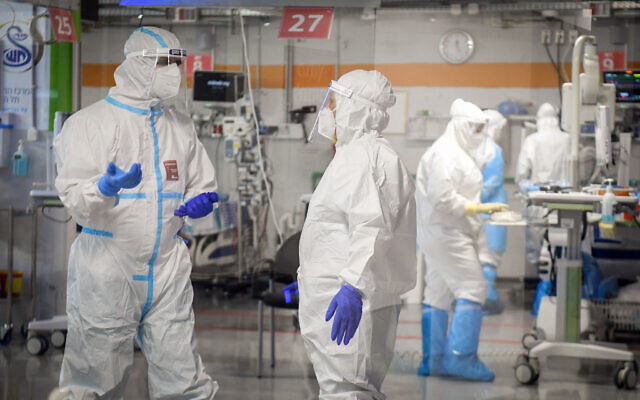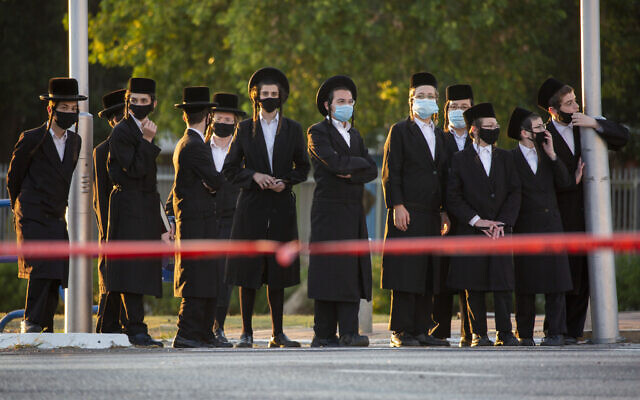
Links
Sheba Medical Centre
Melanie Phillips
Shariah Finance Watch
Australian Islamist Monitor - MultiFaith
West Australian Friends of Israel
Why Israel is at war
Lozowick Blog
NeoZionoid The NeoZionoiZeoN blog
Blank pages of the age
Silent Runnings
Jewish Issues watchdog
Discover more about Israel advocacy
Zionists the creation of Israel
Dissecting the Left
Paula says
Perspectives on Israel - Zionists
Zionism & Israel Information Center
Zionism educational seminars
Christian dhimmitude
Forum on Mideast
Israel Blog - documents terror war against Israelis
Zionism on the web
RECOMMENDED: newsback News discussion community
RSS Feed software from CarP
International law, Arab-Israeli conflict
Think-Israel
The Big Lies
Shmloozing with terrorists
IDF ON YOUTUBE
Israel's contributions to the world
MEMRI
Mark Durie Blog
The latest good news from Israel...new inventions, cures, advances.
support defenders of Israel
The Gaza War 2014
The 2014 Gaza Conflict Factual and Legal Aspects
To get maximum benefit from the ICJS website Register now. Select the topics which interest you.
Minister: 2nd wave worse than 1st, mass gatherings must stop
Yoav Kisch says restrictions could prevent full lockdown; government adviser says infection rates could cause health system collapse; Lod and Ashdod classified as ‘red’ cities

Deputy Health Minister Yoav Kisch on Sunday warned that the second wave of coronavirus infections was worse than the first outbreak and that mass gatherings must be stopped to slow the rate of infection and perhaps prevent a future full lockdown.
“We’re facing a long war of attrition,” he told a Knesset panel dedicated to the pandemic response. “We are in the second wave [of the pandemic] and it’s worse than the first — we must bring back restrictions.”
“We’ve doubled the number of sick in 10 days. There is a larger number of new serious cases. The infections are spreading all over the country,” Kisch said.
Get The Times of Israel's Daily Edition by email and never miss our top stories Free Sign Up
“We must act to significantly limit mass social events. If we don’t do this, the price we will pay in two weeks could be super-dramatic and I think this is the point that must be made clear,” he added. “All the restrictions are aimed at avoiding a lockdown. I feel everyone’s pain, but if we don’t take these significant measures today, tomorrow we will pay a far steeper price in terms of health and the economy.”

Kisch’s statement came as the Health Ministry announced Sunday morning that there were 86 people in serious condition and 78 moderately ill as a result of the coronavirus, and a day after a team of experts warned that Israel’s hospital system was in danger of collapse at current infection rates.
During Sunday’s cabinet meeting, Prime Minister Benjamin Netanyahu said, “if we do not block the spread of the coronavirus we will have neither health nor an economy, many citizens in the State of Israel will lose their lives.”
He said that Israel has entered an “emergency situation,” adding that “we cannot approach Knesset legislation, with the steps that we are taking, as if everything was normal.
“It is not and it is on this basis that we want to advance both the means to make decisions and decision-making on a different scale and magnitude, in order to block the spread of the coronavirus,” he continued.
Prof. Eli Waxman, a physicist at the Weizmann Institute who advised the National Security Council on its coronavirus response, wrote a letter on behalf of a number of experts, telling the government that Israel’s hospital system was in danger of failing if the coronavirus outbreak was not immediately brought under control.
“Even if we stop the trend of increasing infection, the number of patients in serious condition is expected to rise in the coming month to levels that would endanger the hospital system,” read the letter addressed to Netanyahu, Health Minister Yuli Edelstein and National Security Adviser Meir Ben Shabbat.
“The health system will be in danger if the spread of the outbreak is not halted in the coming week,” the letter warned. “Analysis of the latest morbidity data indicates an imminent danger to the functioning of the health system and to the functioning of the Israeli economy.”

The team recommended immediate transfer of management of the pandemic from the Health Ministry to the Israel Defense Forces, charging that even after months of dealing with the outbreak, the ministry did not have a functioning management system to coordinate data collection and analysis, as well as formulating recommendations.
“Israel is facing one of the worst states of emergency in its history. Failure to take immediate steps — hoping that the situation will just improve — will make it worse and bring about a serious disaster to society and the economy,” wrote Waxman, who according to the Haaretz daily was set to present his concerns to ministers on Sunday.
The Health Ministry announced on Sunday that there have now been 29,366 confirmed coronavirus cases in Israel since the start of the pandemic.
Of the 86 seriously ill patients, 29 were on ventilators — by way of comparison, on June 4, just over a month ago, Israel had a total of 30 people in serious condition, including 23 on ventilators. Last week Waxman told Haaretz that there is a lag in the numbers on ventilators due to a shift away from ventilating patients until a later stage of COVID-19, to avoid long-term damage.

In addition, there were 78 people in moderate condition, compared to 33 on June 4, and the remainder of the 11,189 active cases had mild or no symptoms. The COVID-19 death toll remained steady at 330 after four people died on Saturday.
There were 16,342 tests carried out on Saturday, with a 4.9 percent positive rate.
A Sunday report by the Coronavirus National Information and Knowledge Center, operating under the IDF Military Intelligence Directorate in cooperation with the Health Ministry, said that the cities of Lod and Ashdod were now classified as “red areas” requiring targeted policies.

In addition, Bnei Brak, Kafr Qasim and Beitar Illit were said to require higher levels of public information, testing and isolation of carriers and potential carriers.
Some 160 students at a seminary in the ultra-Orthodox city of Bnei Brak were diagnosed with the coronavirus. According to reports, the head of the Beit Matityahu Yeshiva, which has around 700 students, was among those those diagnosed with the infection.
Knesset members were set to meet Sunday morning to discuss and vote on further restrictions to rein in the surging coronavirus outbreak in Israel, as police announced thousands of officers would be allocated to efforts to enforce regulations.
The new measures to be approved by the Knesset were expected to include limitations on the number of people at event halls, nightclubs and bars, with attendance at all of them likely to be capped at 50 people, as approved by the so-called coronavirus cabinet on Thursday evening.

In addition, talks will be held about possible regulations for restaurants, with the Health Ministry reportedly demanding that eateries be included in the list of venues that should be limited to 50 people at a time. However, the Treasury is instead reportedly supporting a proposal for a stricter standard that would require the registration of identification details of diners.
On Friday, new regulations went into effect capping the majority of indoor gatherings at 20 people. Synagogues were initially included in the 20-person limitations, but were dropped from it after a conversation between Prime Minister Benjamin Netanyahu and Interior Minister Aryeh Deri, according to a statement from the latter’s office.
Police announced on Sunday a plan to increase their enforcement of social distancing guidelines meant to curb the spread of the coronavirus. Thousands of officers will be drafted into a special task force to carry out inspections and enforcement of the coronavirus regulations, including on public transportation.
# reads: 1621





















